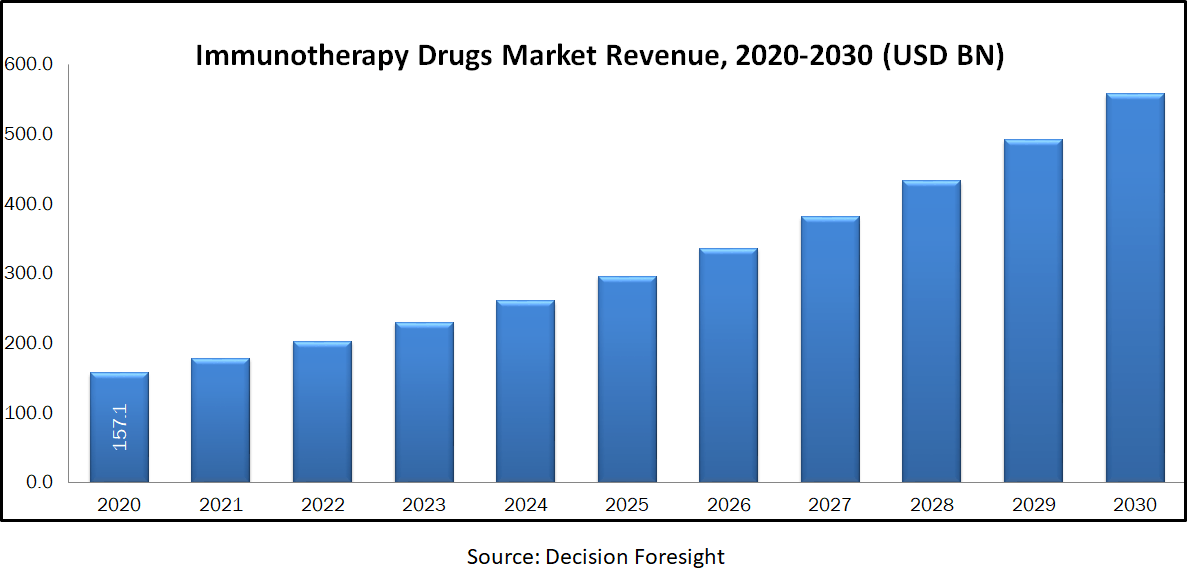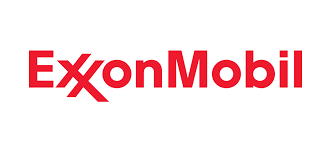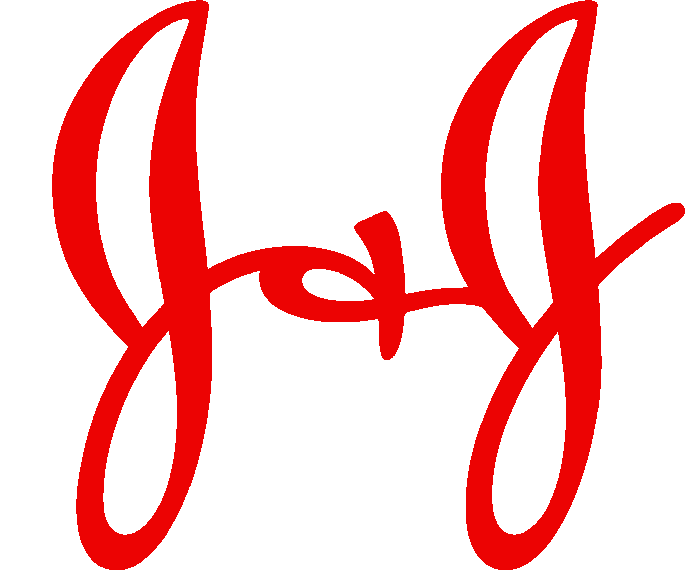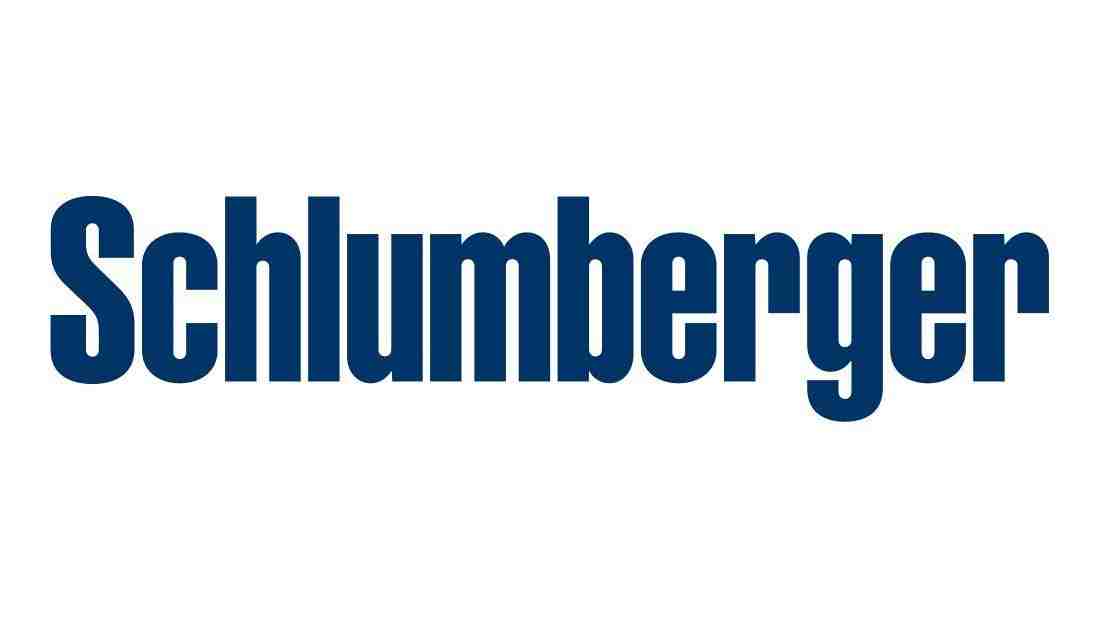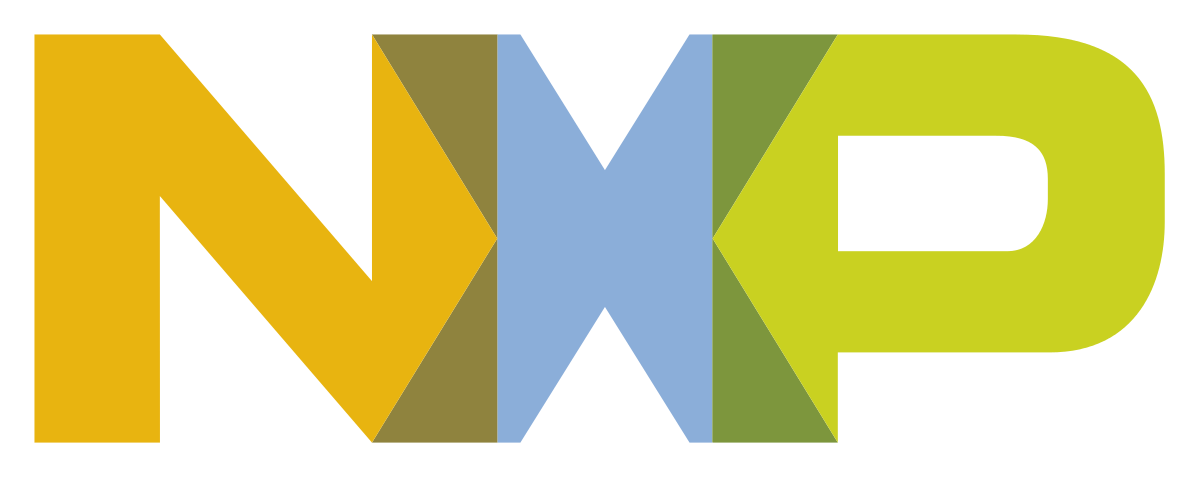Immunotherapy Drugs Market accounted approximate USD 157.1 billion in 2020 and it is expected to reach approximate USD 558.4 billion by 2030 with a CAGR of 13.7% during forecast period.Immunotherapy is the treatment of activating or improving the human immunity system to fight against diseases. Moreover, they are mostly used in the treatment of cancer and generate an immune response adding to the production of antibodies. Additionally, immunotherapy boosts the body’s natural defenses to fight cancer and it may help slow or stop the growth of cancer cells and prevent cancer from spreading to other parts of the body.
Market Segmentation:
On the basis of drug type, the immunotherapy drugs is segmented into adult vaccines, monoclonal antibodies, checkpoint inhibitors, interleukins, interferon alpha & beta, and others. Based on therapeutic application it is classified into autoimmune, inflammatory dieses, cancer, infectious diseases, and others. Based on end user it is bifurcated into hospital, clinics and others. Based on region it is segmented into North America, Asia Pacific, Europe, and ROW.
Market Dynamics and Factors:
Rising incidence and prevalence rate of cancer are boosting the global immunotherapy drugs market. Moreover, increase in smoking population, obesity cases, consuming tobacco, unhealthy diet lifestyles resulting into the increase in number of cases in cancer will drive the growth for immunotherapy drug market. Additionally, increasing adoption of target therapy, emergence of biosimilars, high prevalence of lifestyle diseases and fewer side effects due to drugs in comparison of other treatments are driving the growth of market. However, high cost involved in the treatment and lack of information about the immunotherapy drugs among the consumers hinders the growth of market. Furthermore, the development of innovative drugs and rising awareness about these treatments among the consumers can be opportunity for the market. Moreover, immunotherapy as an alternative to chemotherapy and use of immunotherapy as the first line of drug for the treatment of cancer can provide growth opportunities in the immunotherapy drugs market.
Geographic Analysis:
North America is dominating the market and it is anticipated to maintain same trend during the forecast period. Moreover, availability of better medical infrastructure, increase in R&D, availability of drug development therapies in the region driving the market for immunotherapy drugs. According, to research study the region contributes approximate 32% market share in terms of sale of immunotherapy drugs. Europe is followed the North America due to developing healthcare technology, high healthcare expenditure and rise in investment of R&D in the region. Asia Pacific is anticipated to witness fastest growth and is expected maintain same trend during forecast period. The high growth of immunotherapy drugs market attributed to the low cost of manufacturing and acceptable regulatory scenario in this region.
Competitive Scenario:
Some of the key players in global immunotherapy drugs market are F. Hoffmann-La Roche ltd., Novartis International A.G., Eli Lily and company, Amgen Inc., Johnson & Johnson (U.S.), AbbVie Inc., AstraZeneca Plc, Abbott Laboratories (U.S.), OPKO Health Inc., and Merck & co. Inc.
Immunotherapy Drugs Market Report Scope
| Report Attribute | Details |
| Analysis Period | 2020–2030 |
| Base Year | 2021 |
| Forecast Period | 2022–2030 |
| Market Size Estimation | Billion (USD) |
| Growth Rate (CAGR%) | 13.7 % |
|
| By Drug Type (Adult Vaccines, Monoclonal Antibodies, Checkpoint Inhibitors, Interleukins, Interferon Alpha & Beta, and Others), By Therapeutic Application (Autoimmune, Inflammatory Diseases, Cancer, Infectious Diseases, and Others), By End User (Hospital, Clinics, and Others) |
| Geographical Segmentation | North America (U.S., Canada, Mexico) Europe (UK, Germany, Italy, France, Rest of Europe), Asia-Pacific (China, Japan, India, Australia, Rest of APAC), South America (Brazil, Argentina, Rest of SA), MEA (UAE, Saudi Arabia, South Africa) |
| Key Companies Profiled | F. Hoffmann-La Roche ltd., Novartis International A.G., Eli Lily and company, Amgen Inc., Johnson & Johnson (U.S.), AbbVie Inc., AstraZeneca Plc, Abbott Laboratories (U.S.), OPKO Health Inc., and Merck & co. Inc. |
